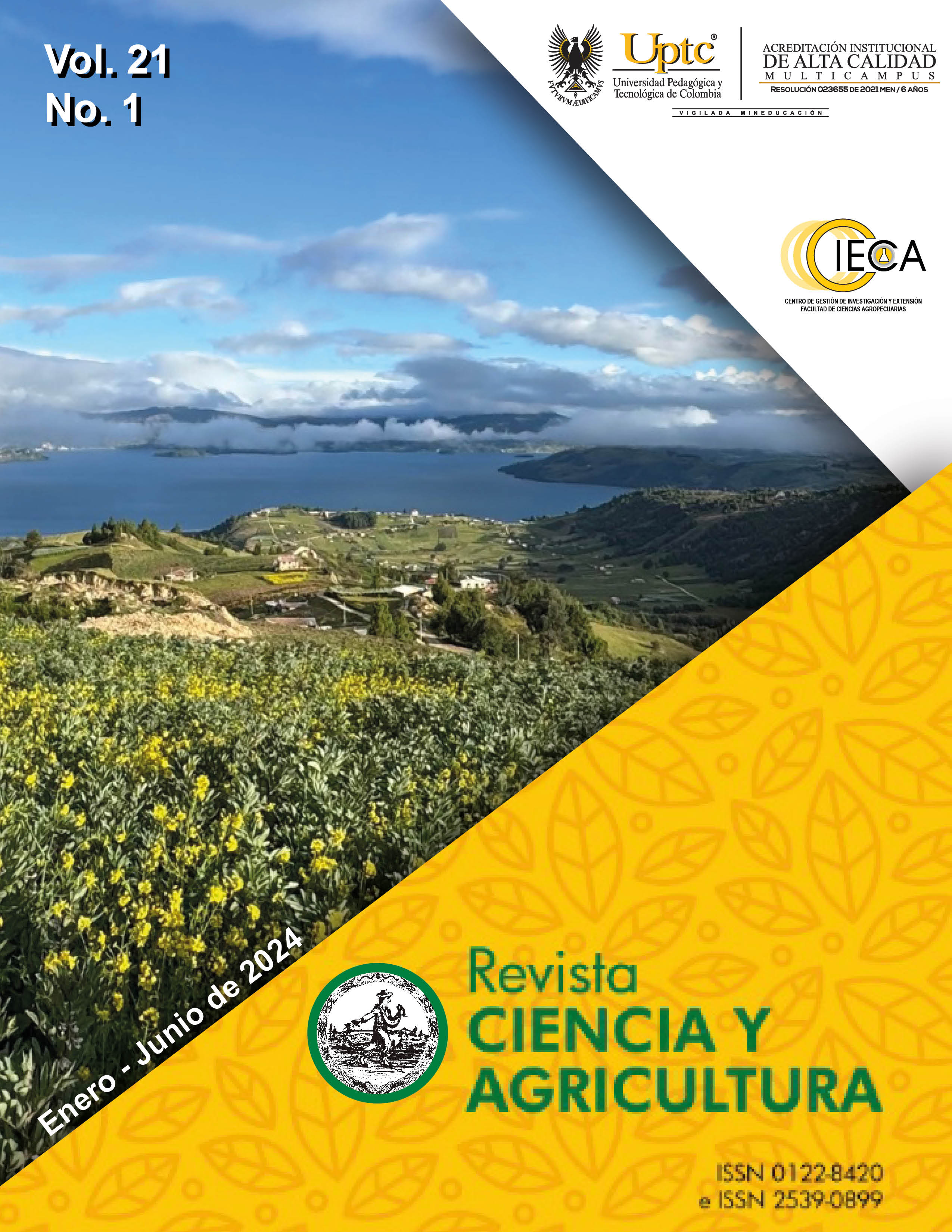Rural Women and Economic Autonomy in the Municipality of Aguazul, Casanare.

Abstract
This study examines the empowerment level of rural women in the municipality of Aguazul, Casanare, and evaluates the necessary interventions to improve their integration and gender equality. Using a mixed-method approach, surveys and interviews were conducted with rural women, revealing that external influences and the perception of inequality are the main disempowerment factors. Although many women show independence in decision-making and confidence in their abilities, significant limitations persist due to cultural and educational constraints.The results indicate that the predominantly economic rural development approach used in current projects is insufficient to generate sustainable changes. Moreover, while a gender approach has begun to be integrated, deeper sensitization is necessary to more effectively address existing inequalities.The study highlights the importance of providing rural women with economic opportunities that allow them to earn additional income and develop their aspirations, emphasizing the need for comprehensive policies that include social protection, education, and the transformation of gender roles. The research concludes that the empowerment of rural women in Aguazul requires a multidimensional and sustainable approach that promotes economic autonomy and gender equity, complemented by cultural changes and comprehensive support.
Keywords: empowerment, Rural development, Gender equality, Economic autonomy, Social protection
Keywords
comunidades campesinas
References
- Albarracín Pérez, K. L., Rodríguez Gómez, I. L., Rodríguez Méndez, K. S., & Rojas Cucaita, Y. K. (2021). Descripción de violencia de género en mujeres rurales de 18 a 50 años en la vereda Plan Brisas del municipio de Aguazul Casanare. https://repository.unab.edu.co/handle/20.500.12749/15642
- Anders, V. (2018a). AGRARIO, radicación. Etimologías de Chile - Diccionario que explica el origen de las palabras. http://etimologias.dechile.net/?agrario
- Anders, V. (2018b). Pequeña explicación sobre la palabra BURGO. Etimologías de Chile - Diccionario que explica el origen de las palabras. http://etimologias.dechile.net/?burgo
- Anders, V. (2018c). RURAL. Etimologías de Chile - Diccionario que explica el origen de las palabras. http://etimologias.dechile.net/?rural
- Cantor, A. (2019). Caracterización del nivel de empoderamiento de la mujer rural: Caso de estudio, Chivatá—Boyacá [Maestría]. Universidad Pedagogica y Tecnologica de Colombia.
- CEPAL. (2019). La autonomía de las mujeres en escenarios económicos cambiantes. Comisión Económica para América Latina y el Caribe. https://www.cepal.org/es/publicaciones/45032-la-autonomia-mujeres-escenarios-economicos-cambiantes
- Corazón, R. (1999). Fundamentos para una filosofía del trabajo. https://dadun.unav.edu/handle/10171/6008
- DANE. (2018). Censo Nacional de Población y Vivienda. https://www.dane.gov.co/index.php/servicios-al-ciudadano/311-demograficas/censo-2018
- DANE. (2022). Pobreza multidimensional Resultados 2021 (p. 106). https://www.dane.gov.co/files/investigaciones/condiciones_vida/pobreza/2021/presentacion-rueda-de-prensa-pobreza-multidimensional-21.pdf
- Echeverri, Á. (1990). Teoría constitucional y Ciencia Política (4a Edición). Temis.
- Engels, F. (2006). El origen de la familia, la propiedad privada y el Estado. Fundación Federico Engels.
- Hernández, J., & García, R. (2008). Instrumento para medir el empoderamiento de la mujer (Primera edición). Universidad Juarez Autébnoma de Tabasco. http://cedoc.inmujeres.gob.mx/documentos_download/101158.pdf
- Hernández, R., & Mendoza, C. P. (2018). Metodología de la investigación: Las rutas cuantitativa, cualitativa y mixta. McGraw-Hill Interamericana de editores, S.A. de C.V.
- López, M. (2022). La autonomía económica de las mujeres como una apuesta feminista para la superación de las violencias basadas en género. Corporación Sisma Mujer. https://www.sismamujer.org/wp-content/uploads/2022/03/Hallazgos-Autonomi%CC%81a-Econo%CC%81mica.pdf
- Acuerdo municipal, 006 181 (2011). https://aguazulcasanare.micolombiadigital.gov.co/sites/aguazulcasanare/content/files/000248/12398_acuerdo-006marzo-1-de-2011.doc
- Naranjo, V. (2003). Teoría Constitucional e Instituciones Políticas (Novena Edición). Temis.
- Neffa, J. C. (2003). El trabajo humano: Contribuciones al estudio de un valor que permanece. Grupo Editorial Lumen. https://books.google.com.co/books?id=Rl48ngEACAAJ
- OIT. (2019, noviembre 20). Fomento de la autonomía de la mujer en la economía rural [Artículo]. http://www.ilo.org/global/topics/economic-and-social-development/rural-development/WCMS_601269/lang--es/index.htm
- Pareja Mejía, R. (2011). Ruralidad en Colombia. Revista de la Universidad de La Salle, 2011(55), 139–144.
- Parra, R. I., Ordóñez, L. A., & Acosta, C. A. (2013). Pobreza, brechas y ruralidad en Colombia. http://www.repository.fedesarrollo.org.co/handle/11445/260
- Pérez, E., Farah, M. A., & Grammont, H. (2008). La nueva ruralidad en América Latina: Avances teóricos y evidencias empíricas. Pontificia Universidad Javeriana.
- Pérez Ruiz, L. L., & Báez Buitrago, N. G. (2020). Análisis de la Situación Actual de la Mujer en el Departamento del Casanare con Relación a su Participación en el Ámbito laboral; desde una Perspectiva de Género. http://repository.unad.edu.co/handle/10596/38943
- Romero, M. P. (2017). Significado del trabajo desde la psicología del trabajo. Una revisión histórica, psicológica y social. Psicología desde el Caribe, 34(2), 120–138. https://doi.org/10.14482/psdc.33.2.72783
- Suárez, N. del C., & Tobasura, I. (2008). LO RURAL. UN CAMPO INACABADO. Revista Facultad Nacional de Agronomía Medellín, 61(2), 4480–4495.
- Velasquez, A. V. (1987). La economía campesina: Consideraciones teóricas. Cuadernos de Economía, 8(10), Article 10.